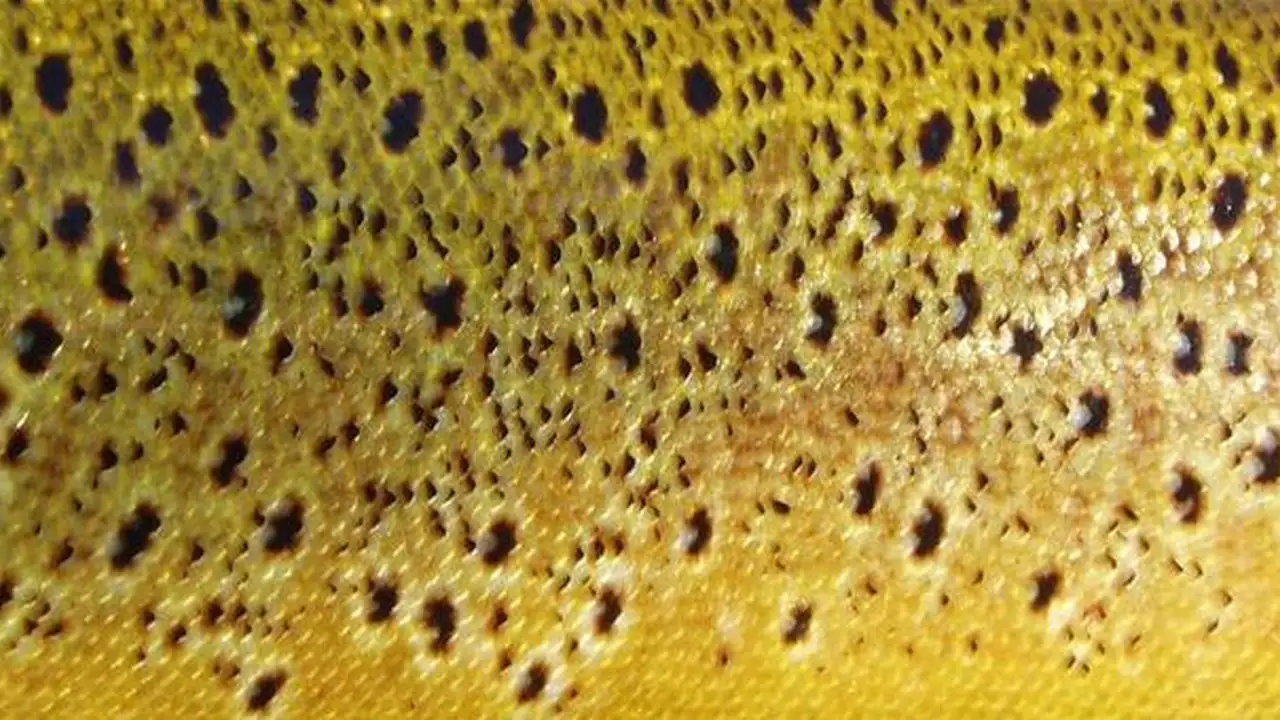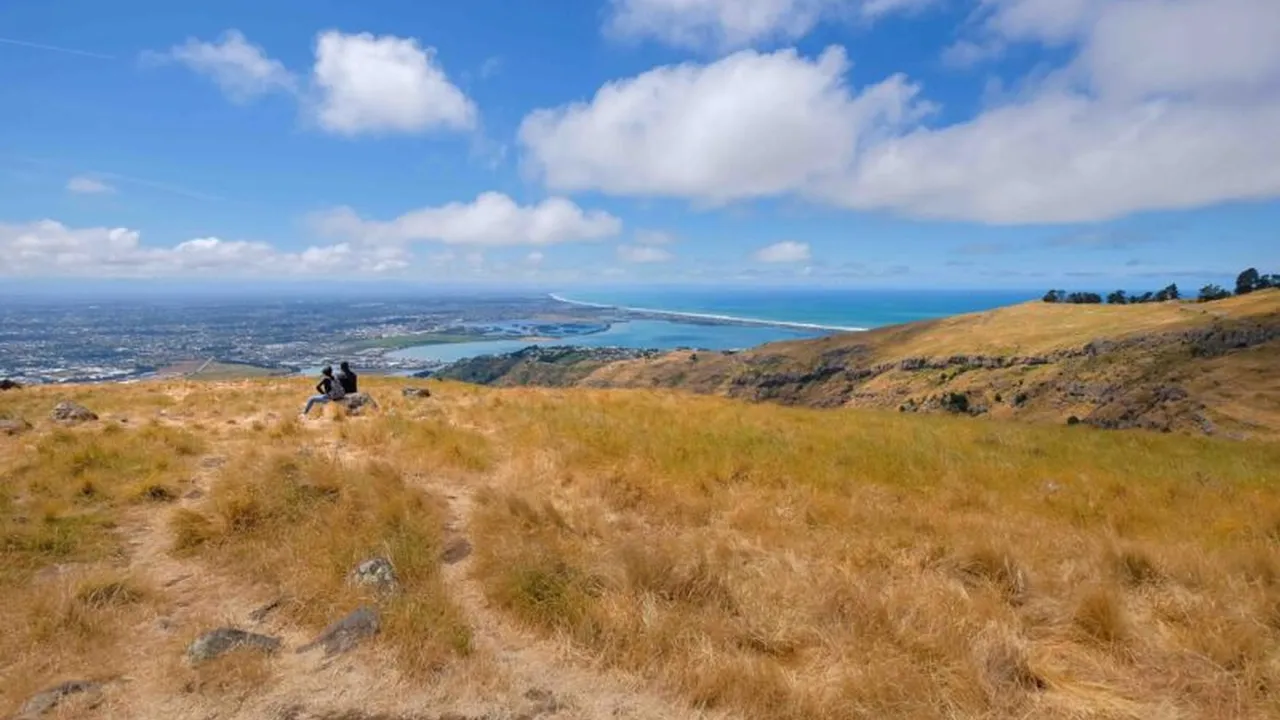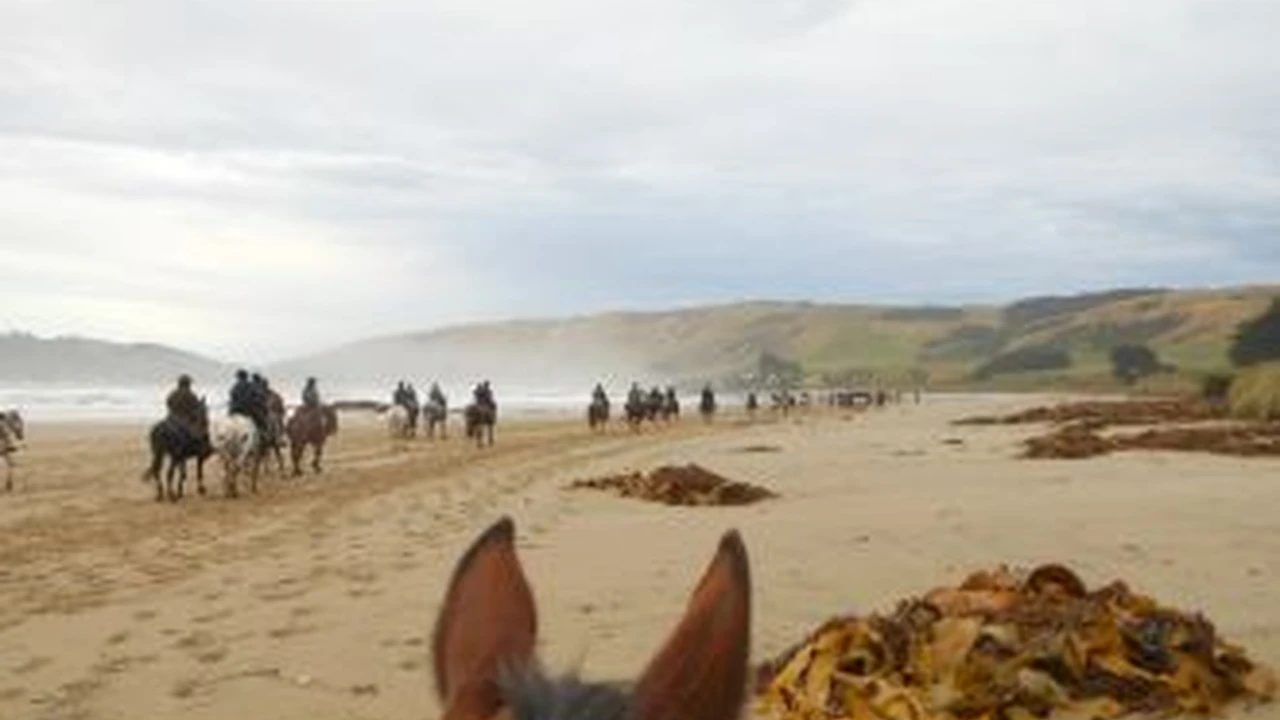Fishing in New Zealand: A Beginner's Guide
Sample meta description.

Understanding New Zealand Fishing Regulations and Licenses
So, you're thinking about casting a line in the beautiful waters of New Zealand? Awesome! First things first, you gotta know the rules. New Zealand takes its fisheries seriously, and you don't want to end up with a hefty fine. The key thing is getting a fishing license. You can usually grab one online through the Department of Conservation (DOC) website or at local fishing shops. Make sure you understand the regulations for the specific area you're planning to fish in. Different regions have different rules about bag limits (how many fish you can keep), size limits (how big the fish need to be), and closed seasons (times when you can't fish). Ignorance isn't an excuse, so do your homework! You can find all this info on the DOC website or by chatting with the friendly folks at a local fishing store. They'll be more than happy to point you in the right direction. Remember, protecting our fish stocks is everyone's responsibility!
Choosing the Right Fishing Gear for New Zealand Waters
Okay, license sorted, now for the fun part: gear! Choosing the right gear can seem overwhelming, but don't worry, we'll break it down. For beginners, a good all-around rod and reel combo is the way to go. Think something medium-action, around 6-7 feet long. This will be versatile enough for catching a variety of fish. As for reels, a spinning reel is generally easier to use than a baitcasting reel, especially for beginners. Look for a reel size around 2500-3000. The line is also important. Monofilament line is a good starting point, as it's relatively inexpensive and easy to manage. Start with a line weight of around 6-8 pounds. Now, let's talk about lures and bait. For trout fishing, spinners, spoons, and small soft plastics are great options. For saltwater fishing, try using squid, pilchards, or artificial lures that mimic small fish. Don't forget the essentials: hooks, sinkers, swivels, and a good pair of pliers. A landing net is also a good idea, especially if you're targeting larger fish. And of course, a tackle box or bag to keep everything organized!
Essential Fishing Knots Every Beginner Should Know
Knowing how to tie a few basic fishing knots is crucial. Trust me, there's nothing more frustrating than losing a fish because of a poorly tied knot! The Improved Clinch Knot is a classic for attaching your line to hooks, swivels, and lures. It's strong and relatively easy to learn. The Palomar Knot is another excellent choice, especially for braided line. It's super strong and simple to tie. The Uni Knot (also known as the Duncan Loop) is a versatile knot that can be used for a variety of purposes, including attaching line to the reel spool and tying two lines together. Practice these knots at home before you hit the water. There are tons of videos online that can walk you through the steps. A little practice goes a long way!
Finding the Best Fishing Spots in New Zealand for Beginners
New Zealand is a fisherman's paradise, with countless amazing fishing spots to choose from. For beginners, it's best to start with some easily accessible and productive locations. Lake Taupo is a great option for trout fishing. It's easily accessible and offers plenty of opportunities to catch rainbow and brown trout. The Tongariro River, which flows into Lake Taupo, is another popular spot for trout fishing. For saltwater fishing, try the Bay of Islands. It's known for its beautiful scenery and abundant fish life, including snapper, kingfish, and kahawai. Another good option is the Coromandel Peninsula. It offers a variety of fishing opportunities, from surfcasting to boat fishing. Remember to check the local regulations before you start fishing, as some areas may have restrictions.
Casting Techniques for Beginners in New Zealand Fishing
Now that you've got your gear and know where to go, let's talk about casting techniques. The overhead cast is the most common and basic casting technique. To perform an overhead cast, hold the rod with both hands, with your dominant hand near the reel. Bring the rod back over your shoulder, then snap it forward in a smooth, fluid motion. Release the line as the rod reaches its peak. The side cast is another useful technique, especially when you're fishing in tight spaces or under trees. To perform a side cast, hold the rod horizontally and swing it to the side, releasing the line as the rod reaches its peak. Practice these techniques in your backyard before you hit the water. It takes a little practice to get the hang of it, but once you do, you'll be casting like a pro!
Bait and Lure Presentation Techniques for New Zealand Fish
Presenting your bait or lure in a natural and appealing way is crucial for catching fish. For trout fishing, try drifting your bait or lure downstream with the current. This will mimic the natural movement of insects and other prey. You can also try using a strike indicator to help you detect subtle bites. For saltwater fishing, try varying your retrieve speed and action. Sometimes a slow, steady retrieve is effective, while other times a more erratic, jerky retrieve will trigger a strike. Experiment with different techniques to see what works best in your area. Don't be afraid to try new things! And remember, patience is key. Sometimes it takes a while to find the right combination of bait, lure, and presentation.
Product Recommendations for Beginner Anglers in New Zealand Including Pricing and Usage Scenarios
Alright, let's dive into some specific product recommendations to get you started. We'll look at rods, reels, and some essential lures, with price ranges and how to use them.
Spinning Rod and Reel Combos for New Zealand's Diverse Fishing
A decent spinning combo is your bread and butter. Here are a couple of options:
- Shimano Sienna 2500/662 Spin Combo: This is a fantastic entry-level combo. The Sienna reel is smooth and reliable, and the rod is sensitive enough to detect subtle bites. Price: Around $80-$100 NZD. Usage Scenario: Perfect for trout fishing in rivers and lakes, as well as light saltwater fishing for snapper.
- Daiwa Aird X 2500/702 Spin Combo: Another solid choice, the Aird X offers good value for money. The rod is lightweight and responsive, and the reel is durable and easy to use. Price: Around $90-$110 NZD. Usage Scenario: Suitable for targeting trout, kahawai, and smaller saltwater species.
Lures for Targeting Trout in New Zealand's Rivers and Lakes
Trout are a primary target for many beginner anglers. Here are some lures to get you started:
- Mepps Aglia Spinner: A classic spinner that has been catching trout for decades. The silver or gold blade creates a lot of flash and vibration, which attracts fish. Price: Around $8-$12 NZD. Usage Scenario: Cast and retrieve in rivers and lakes, varying the speed to find what the fish prefer.
- Rapala Original Floater: A versatile lure that can be used in a variety of situations. It can be trolled, cast, or twitched. Price: Around $12-$18 NZD. Usage Scenario: Use it in rivers or lakes, either cast and retrieved or trolled behind a boat.
- Z-Man GrubZ (Soft Plastic): These soft plastic grubs are incredibly effective when rigged on a jig head. They come in various colors, so experiment to see what works best. Price: Around $10-$15 NZD per pack. Usage Scenario: Rigged on a jighead and bounced along the bottom in rivers or lakes.
Saltwater Lures for Snapper and Kahawai
If you're heading to the coast, these lures will help you target some popular saltwater species:
- Shimano Lucanus Jig: These jigs are designed specifically for targeting snapper. They have a unique action that triggers strikes. Price: Around $20-$30 NZD. Usage Scenario: Dropped to the bottom from a boat and jigged up and down.
- Metal Spoons: Simple yet effective, metal spoons are great for casting and retrieving. They create a lot of flash and vibration, which attracts fish. Price: Around $10-$15 NZD. Usage Scenario: Cast and retrieved at various speeds, good for covering ground.
Product Comparisons and Considerations
When choosing gear, consider the following:
- Budget: Start with affordable gear and upgrade as you gain experience.
- Target Species: Choose gear that is appropriate for the type of fish you are targeting.
- Location: Consider the type of water you will be fishing in (e.g., rivers, lakes, saltwater).
- Ease of Use: Choose gear that is easy to use and maintain, especially as a beginner.
Where to Buy Fishing Gear in New Zealand
You can find fishing gear at a variety of retailers in New Zealand, including:
- Hunting & Fishing New Zealand: A large chain store with a wide selection of gear.
- Burnsco: Another popular retailer with a good selection of fishing gear and marine supplies.
- Local Fishing Shops: Support your local fishing shops! They often have knowledgeable staff who can provide valuable advice.
- Online Retailers: Many online retailers offer competitive prices and a wide selection of gear.
Safety Tips for Fishing in New Zealand
Safety first! New Zealand's beautiful, but the outdoors can be unpredictable. Always check the weather forecast before you go and be prepared for changing conditions. Wear appropriate clothing, including a hat, sunglasses, and sunscreen. If you're fishing from a boat, wear a life jacket. Be aware of your surroundings and watch out for hazards such as slippery rocks, strong currents, and steep cliffs. Let someone know where you're going and when you expect to be back. Carry a cell phone or personal locator beacon (PLB) in case of emergency. And most importantly, use common sense and don't take unnecessary risks.
Ethical Fishing Practices in New Zealand
Let's talk about being a responsible angler. Practice catch and release whenever possible, especially for species that are under pressure. Handle fish carefully and minimize the time they are out of the water. Use barbless hooks to reduce injury to the fish. Dispose of your fishing line and other trash properly. Respect the environment and leave the area as you found it. And always follow the fishing regulations. By practicing ethical fishing, you can help ensure that future generations will be able to enjoy the amazing fishing opportunities that New Zealand has to offer.
:max_bytes(150000):strip_icc()/277019-baked-pork-chops-with-cream-of-mushroom-soup-DDMFS-beauty-4x3-BG-7505-5762b731cf30447d9cbbbbbf387beafa.jpg)






